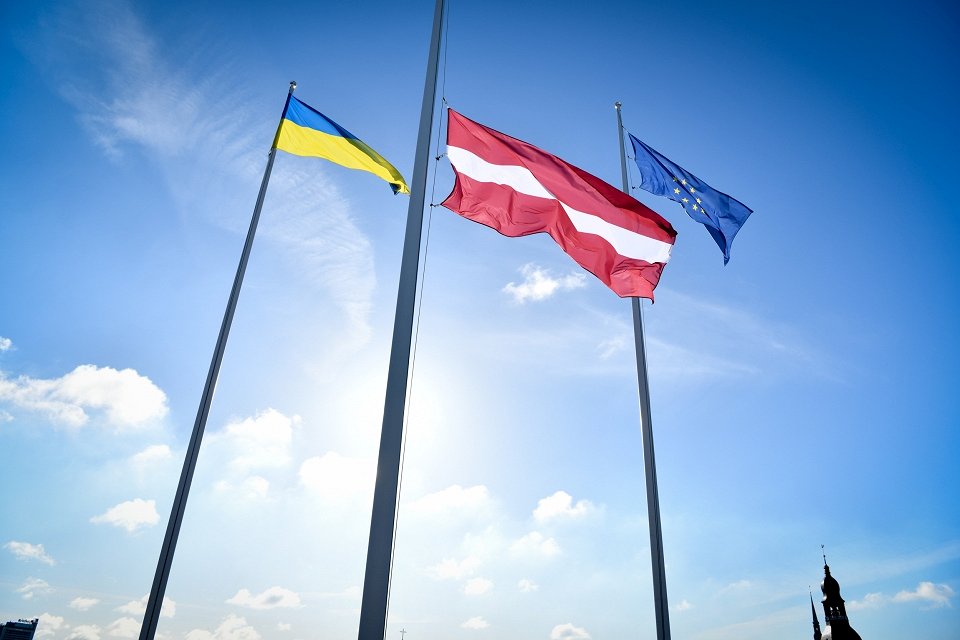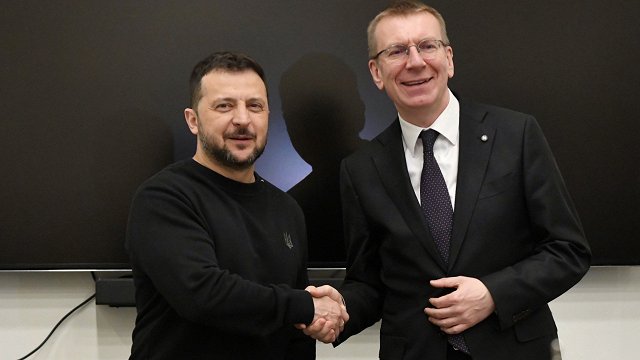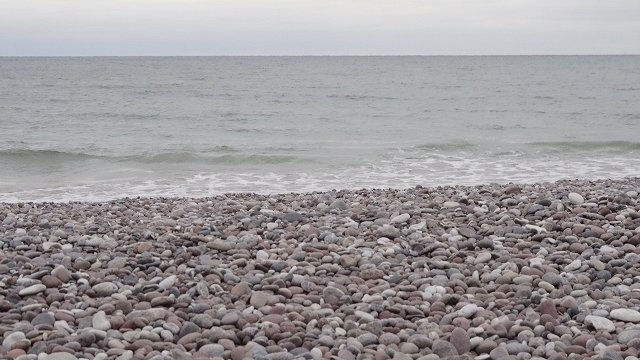In the survey, 39% indicated that they had donated to Ukraine and refugees. 26% had boycotted goods for political reasons, for example, if they were produced by a Russian or Belarusian company or if the producer had not ceased cooperation with Russia.
According to the survey, the war in Ukraine and its impact on the economy have created concern about the financial situation itself – 23% of the participants said that after the war started, they stockpiled goods, while 17% saved money, including by refraining from some of their usual spendings.
9%, meanwhile, have ditched plans to take credit or a larger loan in the near term, while 4% have made some larger purchases or taken out a loan.
Some of Latvia's residents have also reviewed where their money is stored. 8% said that after the war began, they had withdrawn money from a bank account to keep stocks in cash. This is also consistent with the data collected by the Bank of Latvia on transactions with payment cards, which shows that in the first weeks following the Russian invasion of Ukraine there was a greater activity of citizens in cash withdrawals from ATMs. In contrast, far fewer participants in the survey - only less than 1% – said that cash reserves had been put into the bank.
31% of the respondents indicated that they had done nothing of the above after the war began in Ukraine.
The survey also shows that both donating and boycotting goods due to political motives are more pronounced among Latvians, younger and better-educated residents. Donations have been made by 53% of the survey participants whose nationality is Latvian. Among other nationalities, however, they represented 19%. Similarly, 38% of Latvians have indicated that they have refused to purchase goods on the basis of political motives. Among other nationalities, they were 10%.
The most donors - 54% - were found in the age group between 18 and 24, followed by the age group 25 to 34 with 53%.
The most donors - 46% - had higher education. The most active donors were pupils and students, more than 63%, followed by managers of different ranks, as well as specialists and officials. The survey also shows that the most active donors live in Vidzeme, Pierīga and Zemgale. There, the share of donors exceeds 40% of the population.
The highest proportion of Latvian residents who have not responded economically and financially to the war in Ukraine is seen among other nationalities - 46% of those surveyed have replied that they have done nothing of the above. Among age groups, the most passive were people aged over 54 - more than 35% have not acted. It also applies to nearly 60% of respondents with just primary education. Nearly 40% of Latgale and 38% of Kurzeme residents have not responded financially and economically to the war.
The survey was conducted at the end of April 2022 and more than 1,000 permanent residents of Latvia participated.































